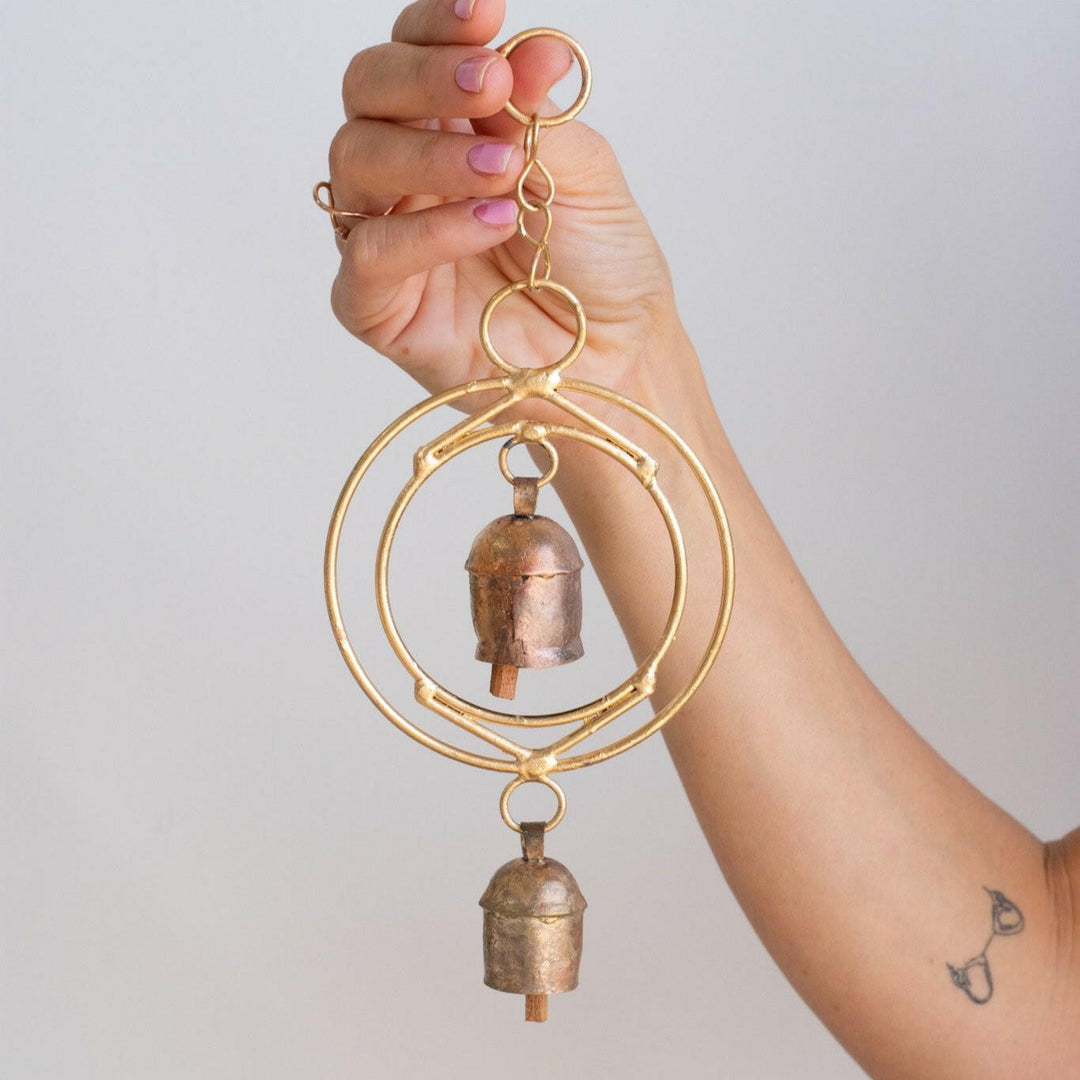Navigating Grief, Loss, & Holiday Cheer
Today's guest blog is by Dr. Mekel Harris, Ph.D., NCSP, PMH-C. She is a licensed psychologist/health service provider (HSP) (and CEO of Harris Psychological Services, LLC), and she currently serves in private practice, offering psychological evaluation and support on an individual basis. Further, she offers training/education, consultative, and supervisory services to several local organizations throughout the Memphis area. Pre- and post-doctorally trained at Children’s Hospital Los Angeles, Dr. Harris specializes in coping and adjustment to acute and chronic illness, grief and loss, and health-related trauma. Further, she holds an advanced certification in Advanced Perinatal Mental Health through Postpartum Support International (PSI). Throughout the past decade, Dr. Harris has presented at over 30 domestic and international conferences, focused on pediatric, family, and community health issues, including grief and loss. She is a TEDx speaker, blogger, magazine and podcast contributor, and author of a memoir, “Relaxing Into the Pain: My Journey Into Grief & Beyond.” In addition, Dr. Harris is the creator of the mini-course and e-book, The Grief Anatomy Toolkit, and Re-Imagining Life After Loss interactive course. In her spare time, she enjoys writing, traveling around the globe, and spending time with family, friends, and her feisty Beagle. Dr. Harris’ faith and relationships, coupled with real-life challenges, keep her tethered to what matters most in life. You can find her online on her website and on Instagram.
__________________________________
Dear Friend,
With the falling of the leaves and crisper air in most parts comes an awareness of the upcoming holiday season. In the midst of transitioning décor for fall, I’ve already peaked sightings of turkeys, Christmas trees, and items for the New Year at local stores. It honestly left me scratching my head in wonderment about just how near the holidays actually are.
For many folks, the holiday season signals anticipation and heartfelt expectation, as well as gatherings with friends and family. For others, however, this time of year marks a time filled with more somber reflection, frustration, and even guilt.
Why? A 2019 study conducted by WebMD found that approximately 57% of Americans experienced the death of a loved one throughout the last three years, resulting in grief. Further, the onset and ongoing nature of COVID-19 has only served to exacerbate the experience of grief and loss in society, whether by physical death or the loss of hopes and dreams.
Needless to say, it’s not uncommon for those who are grieving to wish they could press ‘pause’ altogether. Understandably, it can be difficult to emotionally navigate the sights and sounds of holiday cheer. Grief not only ebbs and flows, ushering in waves of memories, but can also magnify the stress already associated with the holiday season. In addition, those who grieve may experience internal conflict. On the one hand, they may desire to connect with others and establish new traditions. At the same time, they may feel guilty for the desire, relegating them to the shadows. The distress of it all leaves some grieving hearts actively working to avoid the shower of family-focused festivities and holiday happenings.
An awareness of these sobering facts leaves many questioning how to make sense of the holiday season, while simultaneously honoring the sadness that resides in their hearts.
If you’re walking through the grief process, know there are several ways to prepare for the next couple of months.
- First, acknowledge your feelings. Ask yourself: “What emotions rise to the surface as I consider this upcoming season?” It’s important to name and honor them without judgment or self-criticism. It’s plausible that your feelings may become magnified throughout the holiday season, and that’s OK. The more you pay attention to your feelings, the better able you’ll be to identify and manage them in more healthy ways as they arise.
- Next, pay attention to your grief needs. Consider whether you prefer to participate (or not participate) in certain aspects of the holiday season. Whether an invitation to a holiday party or time spent with family, respect what feels right for you and make peace with whatever you decide. Give yourself permission to opt out of experiences that make you feel uncomfortable or emotionally overwhelmed.
- Along the same lines, plan ahead. If you’ve experienced the death of a loved one, explore alone and with others the traditions you want to continue and those you want to change. With family and friends, ask yourselves: “Who will fill this role throughout the holiday?” in order to minimize pain in the moment. Here, acknowledge that decisions made throughout this holiday season may shift in upcoming years.
- Create a list of helpful coping tools. Reflect on the activities and people who bring you peace, clarity, and comfort. This may lead you to an awareness of the benefits of physical movement, writing in order to express your thoughts and feelings, or reading daily affirmations aloud. Developing and beginning to implement the tools in your ‘coping menu’ can help you navigate the stressors that arise throughout the holiday season.
- Be sure to let others know what you need. Know that well-intentioned friends and family may inadvertently say things that hurt your feelings, make you feel uncomfortable, or challenge how you’re navigating the grief process. The more informed others are about your grief needs, the more prepared they’ll be to support you in the hard moments. Don’t be afraid to be specific about your preferences and hopes leading up to the holidays, and follow-up with others should anything change on your end.
- Consider how you might integrate old traditions and create new ones. Maintaining familiar rituals and practices can afford comfort and predictability, both of which can help settle your grieving heart. In addition, emphasizing new experiences throughout the holidays can help anchor you in the reality of life after experiencing a loss. Finally, doing so might also highlight your capacity to simultaneously experience both grief and joy in the moment.
- Listen to your mind and body. The grief process can tax your entire being, resulting in fatigue and increased irritability. The holiday season will only exacerbate this, given the demands it naturally places on your time, energy, and emotions. As such, do your best to set realistic expectations for yourself, and respect the cues you receive day by day.
- Determine whether serving others could be helpful for you. In the face of loss, volunteer activity and/or donating funds to a charitable organization can help lessen the emotional burden experienced throughout the grief journey. Consider opportunities that might spark joy in other’s lives while at the same time, doing something meaningful to honor your loss.
- Work to reduce unnecessary stress. Particularly in this season of grief exposure as a result of COVID-19, explore ways you might reduce your emotional load. Perhaps taking time away from social media and/or TV for short periods of time may be beneficial for you. You might also consider personal commitments and seek out ways to avoid over-extending yourself as you approach the holidays.
Navigating loss and grief during the holidays isn’t easy by any means. And unfortunately, there will be aspects of the season that are beyond your control. However, I hope you feel empowered to consider ways to help yourself. While doing so won’t eliminate the ebbs and flows of grief, it will help create a sense of stability and predictability to carry you through the inevitable sights and sounds of holiday cheer around you.
From one grieving heart to another, I’m sending love and peace.
Mekel







